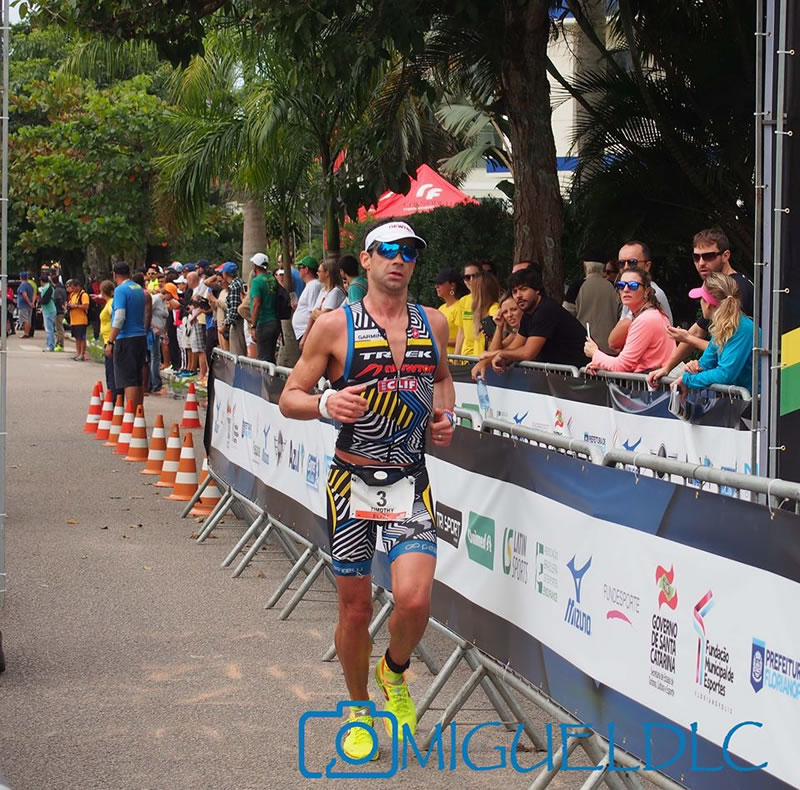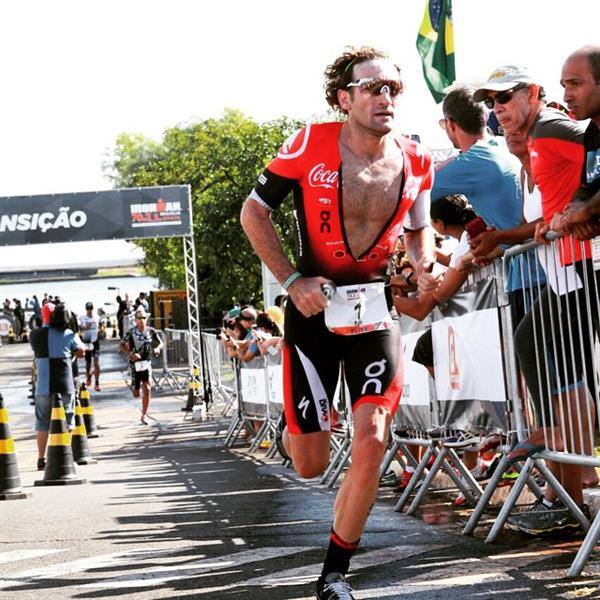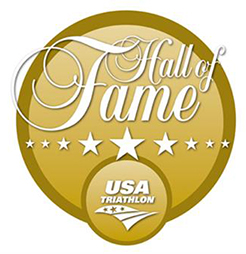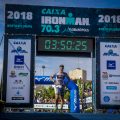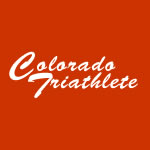A look back at last year’s IRONMAN South American ChampionshipLast year’s IRONMAN South American Championship will forever be etched in the history books thanks to Tim Don’s IRONMAN world record of 7:40:23. But Boulder pro triathlete Nicole Valentine witnessed many inspiring performances that day. She recounts her race experience and reflects on what it means to be a triathlete in South America.
All week leading up to the race, camps of athletes from Brazil, Paraguay, Argentina and Peru lined the houses along the bike and run course. Brightly colored tents and signs advertised their presence and made for a festival-like atmosphere. A steady parade of athletes biked and ran up and down the boulevard. They wore their respective team colors and country flags on their jerseys, and yelled taunts and encouragement to each other in Portuguese, Spanish and English as they passed.
To be a triathlete in South America is a special thing. “We face danger when we ride outdoors and run in the streets, but I love my country and I am proud to represent it and inspire others,” said Marcos Faria.
Marcos, a Brazilian triathlete, exited the water first among age-groupers with an impressive swim of 47 minutes 46 seconds, launching him toward a 9:09:58 finishing time. What is particularly incredible about this result is that Marcos does 85 percent of his bike training sessions inside on a spin bike. Not a trainer. A spin bike.
Two weeks after the race, a gang stole his bike at gun point while he rode the streets outside São Paulo. This is the reality for a Brazilian triathlete. You face danger and expose yourself to great risk if you want to ride outside. And training on your expensive racing bike—forget it. Marcos uses his road bike when venturing out onto the streets of São Paulo.
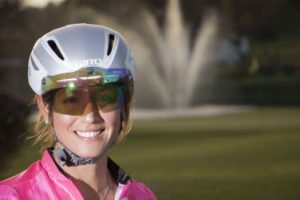
Maria Luz Gill, known as “Lulu,” an athlete from Paraguay who has raced in Florianópolis for the past two years, balances a hectic life of work and family to put in the hours to train for IRONMAN.
“Being a woman and mother training for an IRONMAN is a humbling experience because it puts into perspective that we are part of something bigger, and we must find a way to incorporate such a demanding sport into our lives in a constructive way,” says Lulu.
“We must learn to be efficient, and train discreetly. Our family wants us to minimize the time spent away from them, and friends hate posts about our training as it explains why we left early from the party on Friday.”
Lulu finished 11th in her category with an impressive time of 10:52:23.
Alberto Marinoni, a friend and training partner of Lulu’s, was the first Paraguayan to qualify for Kona, placing fifth in Florianapolis. It was a monumental and historic event. He has a saying: Una vida mas no temenos… “We have just one life to live. Let’s make the most of it.”
Marko Pandžić, a Peruvian athlete, finished in 9:28:44. He posted the second fastest time for a Peruvian athlete in IRONMAN history. Atletas Peru, Marca Peru, and Deportes Ulima celebrated his victory with an interview live from Brazil and a flurry of social media postings. He is an inspiration and hero to Peruvian athletes.
I’m incredibly grateful that my pro career has allowed me the opportunity to travel to Brazil, to partake in this race where Tim Don broke the IRONMAN World record, and the top-10 women in the pro field all went under 9:10.
It was breathtaking, it was physically crushing, and it was soul shaking. I’ve come away from the event a better athlete for it. I’m so grateful for the camaraderie and inspiration of these athletes, and I hope that others have the opportunity to experience triathlon in South America. I guarantee you will walk away inspired.

